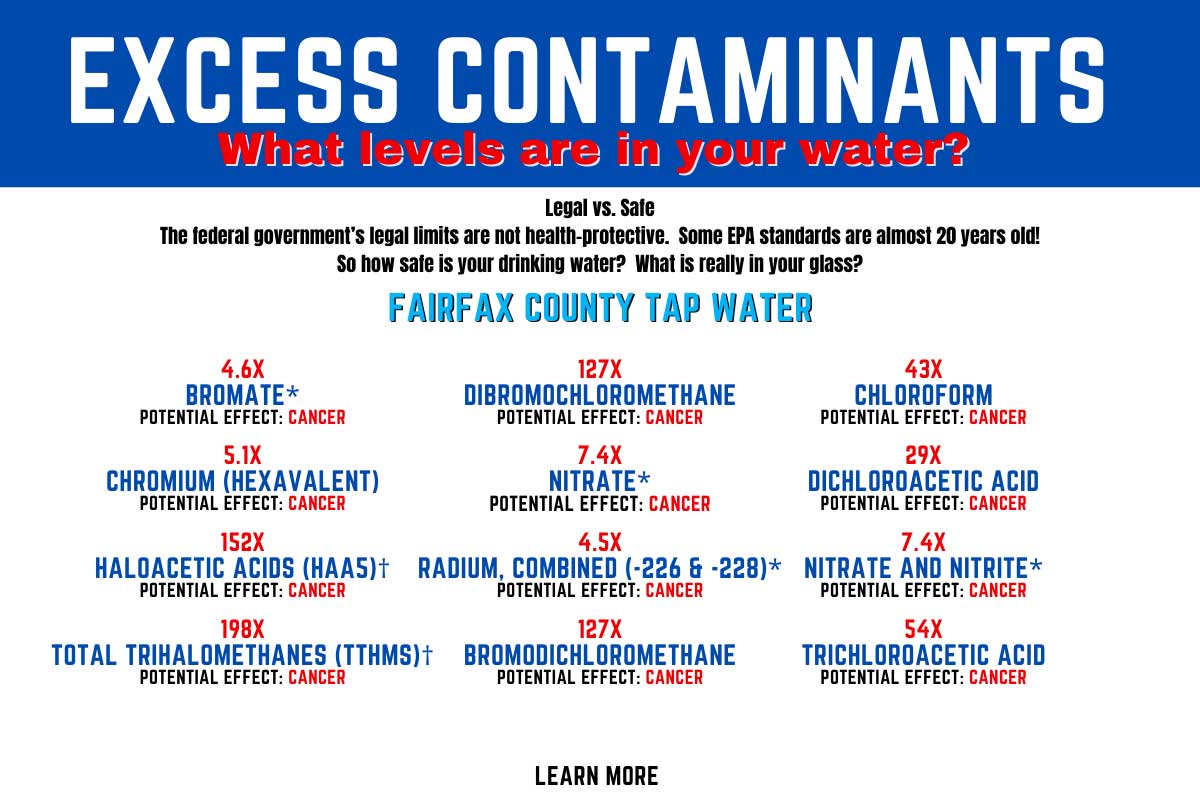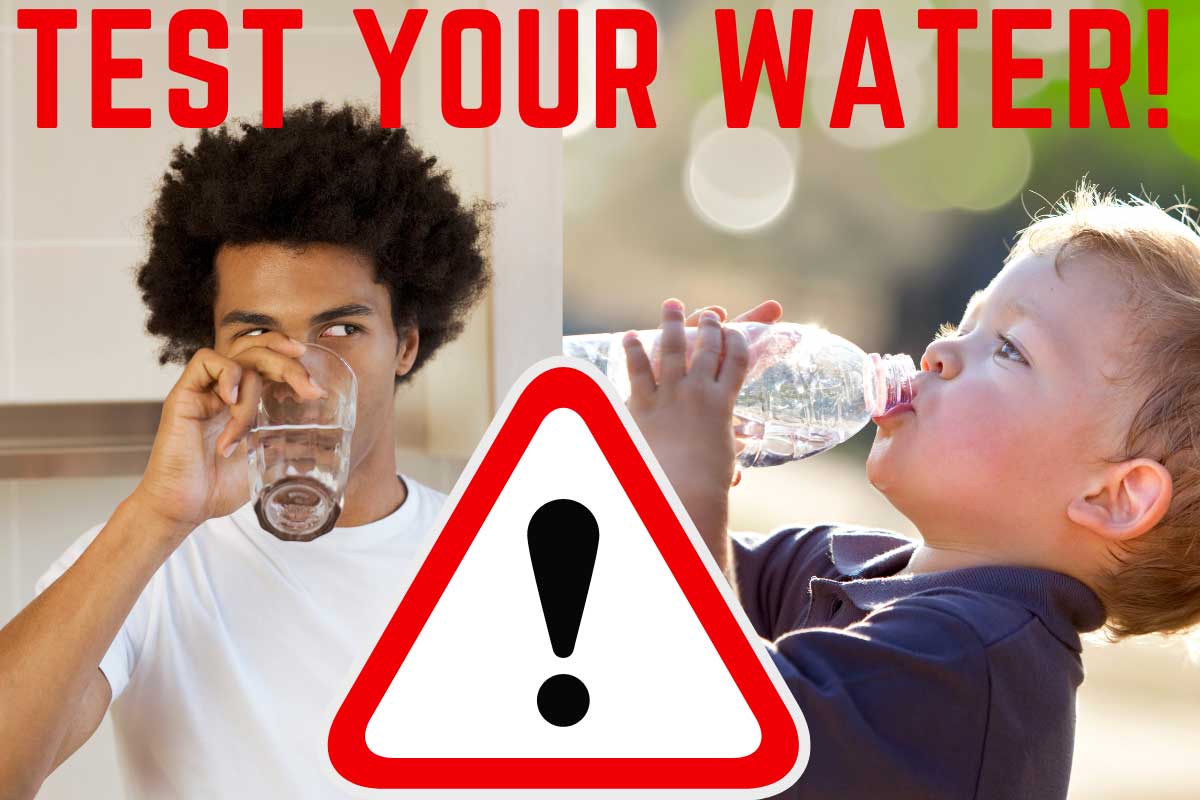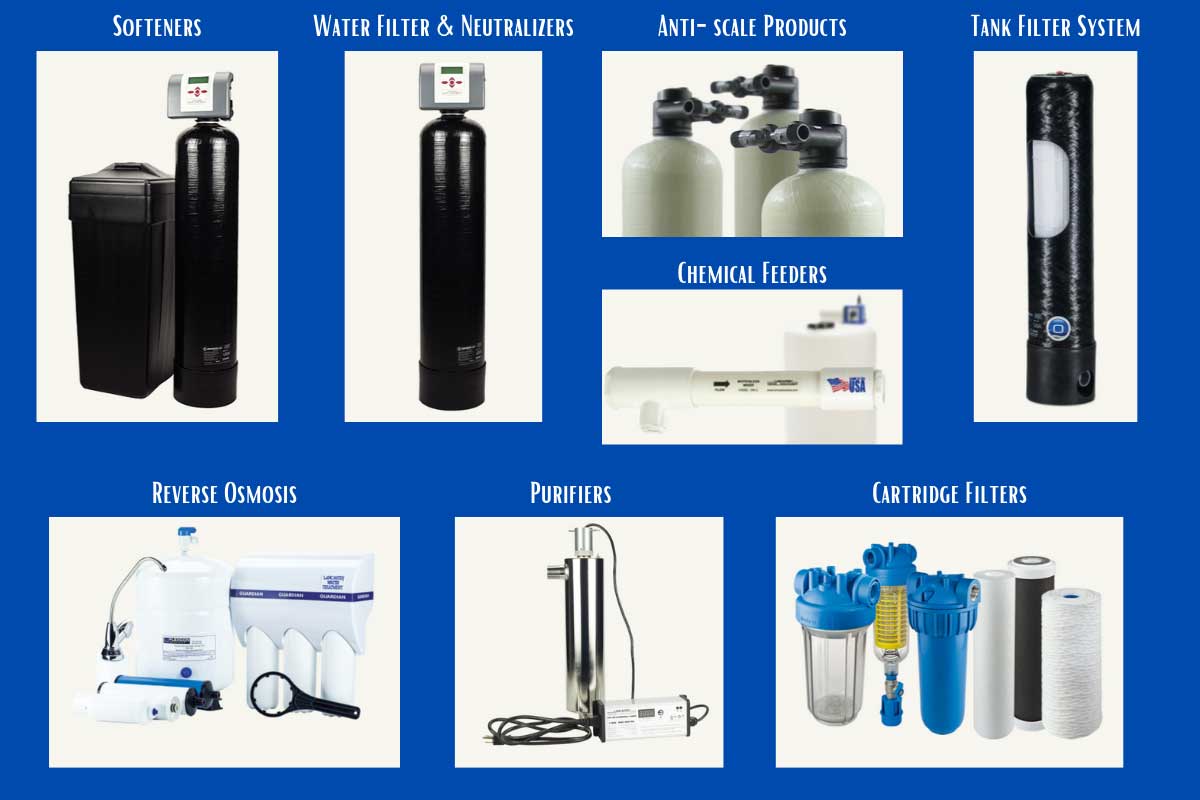
How contaminated is drinking water in Northern Virginia?
These days more than ever, we are spending more and more of our time at home. This means that the water supply in your home is where you will get the vast majority of your water. But how do you know if it's safe to drink? Even if your water comes from the water treatment plant, it contains many chemicals and other contaminants that you may not be aware of.
Is tap water in Northern Virginia safe?
Tap water in Northern Virginia might meet legal standards, but that doesn’t mean it’s safe. The legal limit of some of the contaminants in Northern Virginia’s drinking water is over a hundred times higher than the health standards recommended by scientists, and some chemicals aren’t regulated at all.
Government guidelines for safe drinking water continue to lag behind what scientists and public health agencies know is harmful to our health. The legal limits of water contaminants covered under the Safe Drinking Water Act have not been updated in over twenty years, and the EPA hasn’t changed the maximum contaminant level of other chemicals for fifty years.
Year after year, water treatment facilities go without updates to infrastructure, and laws about what can be in your water are based on cost instead of what is shown to be best for public health.
The contaminants in Northern Virginia’s drinking water are linked to cancer, hormone disruption, fertility and fetus development problems, impairment of the nervous system and brain, and more. We encourage you to visit

How to Make Sure Your Drinking Water Is Safe
It’s up to you to ensure your family is drinking the cleanest, safest water possible. By testing your water and purchasing the right home water filter system, you can reduce contaminants to safe levels.
Should I get my home water tested before purchasing a home water filter?
While you can base your home water filter purchase on common contaminants found in your water supply, it is always a good idea to have your individual household’s water tested. This way, you can be sure you are purchasing a water filtration system that will give you the cleanest water possible. While most contaminants are likely to come from the municipal water supply, some may be picked up by your pipes and be more individual to your home.
If you live in Northern Virginia, it is important to educate yourself on the types of contaminants common to the area and have your water tested for them. Additional water tests for alkalinity, bacteria, copper iron or lead, fluoride, water hardness, pH, total dissolved solids, and turbidity are recommended to give you the cleanest and best-tasting water available.
Having your water tested for all possible contaminants will allow you to know what exactly is in your water. AirPlus will work with you to create a home water filtration system that delivers you the cleanest water.
Home Water Testing in Northern Virginia
Call AirPlus today if you need help testing your home’s water or selecting an appropriate home water filtration system for the contaminants in your water.
Common contaminants Northern Virginia Tap Water
The following contaminants are the most common for Northern Virginia’s water supply, and are found in the municipal drinking water in Arlington County, Alexandria, Fairfax County, Prince William County, Spotsylvania County, and the city of Fredericksburg:
BROMODICHLOROMETHANE
Bromodichloromethane is a colorless liquid that is formed when chlorine is added to drinking water to kill bacteria. You can be exposed by drinking the water, inhaling the vapors or absorption through the skin during showering or washing dishes.
Why is it harmful?
Studies in lab animals have found liver, kidney, and large intestine damage, decreased immune function, and miscarriages or decreased birth weight in pregnant animals.
Bromodichloromethane is considered a probable human carcinogen by both the Department of Health and Human Services and the EPA.
What kind of filter removes Bromodichloromethane from water?
Activated carbon or reverse osmosis.
Chloroform
Chloroform was used as an anesthetic in the 1800s, but it is not used anymore, as it harms the nervous system and increases the risk of cancer. The chloroform found in tap water is formed as a byproduct of chlorine or other disinfectants being added to tap water in order to kill bacteria.
Like many other harmful contaminants, chloroform has no federally regulated limit for drinking water.
Why is it harmful?
Chloroform in drinking water can increase the risk of cancer, cause pregnancy problems, and damage the liver, kidneys and central nervous system.
What kind of filter removes Chloroform from water?
Activated carbon or reverse osmosis.
Chromium
Chromium-6, or hexavalent chromium, is a naturally occurring chemical, but most of the chromium 6 in drinking water is a byproduct of industrial projects and improper waste disposal, including unlined coal ash ponds.
Why is chromium 6 harmful?
Chromium 6 is classified as a known carcinogen by the EPA. Even in small amounts, it can cause skin burns, pneumonia, pregnancy complications, and stomach cancer.
The harm of hexavalent chromium, or chromium 6, in drinking water is chronicled in the movie “Erin Brockovich”, released in 2000. The film gave the regulation of chromium 6 in drinking water publicity and public support, but the chemical was never federally regulated.
What kind of filter removes chromium 6 from water?
Ion exchange or reverse osmosis.
Dichloroacetic acid and Trichloroacetic acid
These are two of the haloacetic acids which are formed when chlorine is added to drinking water.
Why are they harmful?
These disinfection byproducts increase the risk of cancer and may cause problems during pregnancy.
What kind of filter removes haloacetic acids?
Activated carbon or reverse osmosis.
Other common contaminants in Northern Virginia municipal water
Dibromochloromethane (found in the municipal drinking water in Arlington County, Alexandria, Fairfax County, Prince William County, and Spotsylvania County)
Dibromochloromethane is a colorless, sometimes yellow, liquid with a sweet odor. It is formed when chlorine reacts with decomposing plant material in the water, and is found mainly in water from surface sources. Dibromochloromethane has been used in the past to make fire extinguisher fluids, spray can propellants, refrigerator fluid, and pesticides.
You can be exposed to dibromochloromethane by inhaling it once it has evaporated into the air, drinking it, or through your skin.
Why is it harmful?
Dibromochloromethane is classified by the EPA as a possible human carcinogen. While the effects on humans are not well known, studies in animals point to it causing liver and kidney damage.
What kind of filter removes Dibromochloromethane?
Activated carbon or reverse osmosis.
Bromate (found in the municipal drinking water in Fairfax County)
Bromate is formed when water containing bromide is treated with ozonation or sodium hypochlorite.
Why is it harmful?
Studies show that bromate damages DNA and causes cancer in multiple organs.
What kind of filter works?
Activated carbon, reverse osmosis, or ion exchange.
Radium (found in the municipal drinking water in Fairfax County)
Radium is a radioactive element that can occur naturally in groundwater, as well as through oil and gas extraction activities such as hydraulic fracturing.
Why is it harmful?
Radium releases radioactive particles that cause many types of cancer, including bone cancer, lung cancer, leukemia, and skin and blood damage.
What kind of filter removes radium?
Reverse osmosis or ion exchange.
Nitrate (found in the municipal drinking water in Fairfax County, Arlington County, and Alexandria)
Nitrate is one of the most common contaminants in U.S. drinking water, coming from fertilizer runoff, manure, and wastewater treatment plants.
Why is it harmful?
Nitrate consumption through drinking water increases the risk of colorectal, ovarian, thyroid, kidney and bladder cancers, and can cause harm to the developing fetus in pregnant women. It is also shown to increase the risk of hypothyroidism.
In animals, it was shown to damage DNA and cause cancer in the blood and in different organs, including the stomach, bladder, colon and esophagus.
What kind of filter removes nitrate?
Reverse osmosis or ion exchange.
Arsenic (found in the municipal drinking water in Arlington County and Alexandria)
Arsenic is a naturally occurring poison found in rocks, soil, water, air, plants and animals. Arsenic easily dissolves in water, and can enter the water supply from natural deposits in the earth or from pesticides, treated lumber, and other residential or agricultural waste.
Why is it harmful?
Long term exposure to arsenic from drinking water can cause cancer and skin lesions, and has been linked with cardiovascular disease and diabetes. Early exposure, including in utero and exposure to young children has been linked with poor cognitive development and early death.
What kind of filter removes arsenic?
Reverse osmosis or ion exchange.
Water Filtration Systems

How do I choose the best home water filtration system for my home?
Water filtration systems are designed to remove specific contaminants and will not necessarily remove everything harmful from your water. You will get the cleanest, safest water when you design a water filtration system specific to the contaminants in your home’s water.
For help choosing the best home water filtration system, call AirPlus at (571) 470-7235.
Our professionals can help you test your water, explain the pros and cons of different water filters, and install the best whole home water filtration system for your water supply. Plus, we will maintain your system so your family will have safe, clean drinking water for many years to come.
Work with AirPlus to build the best whole house water filtration system for your home. Find more information in Your Guide to Buying a Home Water Filtration System.
.2309121422550.png)

